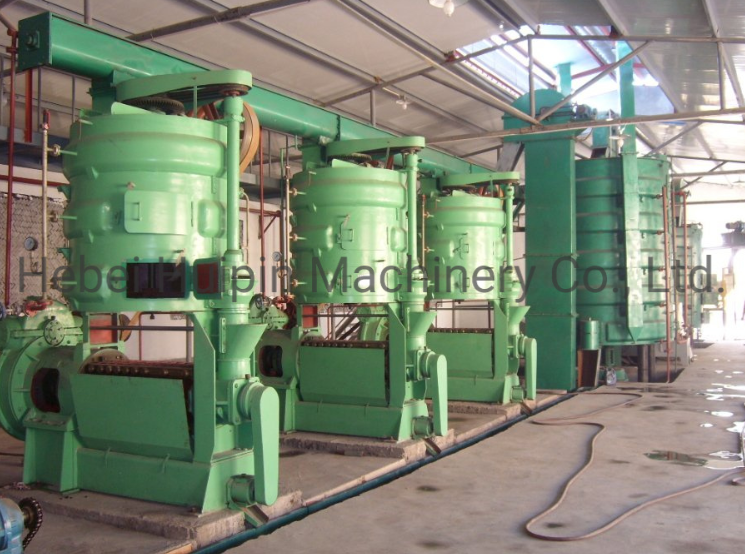Dec . 12, 2024 20:09 Back to list
Industrial Centrifuge Machines for Efficiency and Precision in Various Applications
The Industrial Centrifuge Machine Revolutionizing Separation Processes
In the realm of industrial processing, the need for efficient separation methods has never been more critical. Industries such as pharmaceuticals, food and beverage, chemical, and wastewater treatment rely heavily on effective separation techniques to ensure product purity, enhance efficiency, and optimize overall productivity. Among the various technologies available, the industrial centrifuge machine stands out as a transformative solution, revolutionizing separation processes across numerous sectors.
A centrifuge operates on the principle of centrifugal force, which separates components of different densities within a mixture by spinning it at high speeds. As the centrifugal force acts on the sample, heavier particles are driven outward and accumulate at the bottom or sides of the container, while lighter particles remain suspended in the fluid. This process not only speeds up separation but also yields higher purity levels compared to traditional methods.
Types of Industrial Centrifuge Machines
Industrial centrifuge machines come in various types, each designed for specific applications. The most common types include
1. Disk Stack Centrifuges These centrifuges are particularly effective for liquid-liquid and solid-liquid separation. The disk stack design increases the surface area for separation, allowing for faster processing and enhanced separation efficiency. They are widely used in the dairy industry for cream separation and in the pharmaceutical sector for separating cell cultures.
2. Decanter Centrifuges Known for their continuous operation and high throughput, decanter centrifuges are primarily used for solid-liquid separation. They consist of a cylindrical bowl with a scroll conveyor that moves the separated solids out of the liquid. Industries such as oil & gas and mining frequently utilize decanters to separate valuable minerals and reduce wastewater volumes.
3. Clarifiers These centrifuges are specifically designed for clarifying liquids by removing suspended solids. They are commonly used in wastewater treatment plants, where they help achieve compliance with environmental regulations by ensuring that treated water is free of harmful contaminants.
industrial centrifuge machine products

Applications in Various Industries
The versatility of industrial centrifuges makes them indispensable across multiple sectors. In the pharmaceutical industry, for instance, centrifuges are crucial for separating active ingredients from solvents and other unwanted materials, ensuring that medications meet stringent quality standards. Similarly, in the food and beverage industry, centrifuges are used for clarifying juices, separating oils, and even concentrating flavors, thereby improving the overall quality of end products.
In the chemical industry, centrifuges facilitate the separation of high-value catalysts from reaction mixtures, enhancing the efficiency of chemical processes. Moreover, in wastewater treatment, they play a pivotal role in reducing the volume of sludge and improving the quality of discharged water, helping companies adhere to environmental regulations.
Benefits of Using Industrial Centrifuge Machines
The adoption of industrial centrifuge machines provides a plethora of benefits to manufacturers and industries alike
- Increased Efficiency Centrifuges significantly reduce the time required for separation processes, allowing for faster production cycles and improved operational efficiency. - Higher Purity Levels By effectively separating different components, centrifuges help achieve higher purity standards, which is critical in industries like pharmaceuticals and food production. - Cost-Effectiveness Although the initial investment in centrifuge technology can be substantial, the long-term savings on labor, materials, and time often justify the expenditure. The reduction in waste and reprocessing also contributes to overall cost savings. - Environmental Benefits By improving separation processes, centrifuges help minimize waste and reduce energy consumption, supporting sustainability initiatives and helping companies meet environmental regulations.
Conclusion
In conclusion, industrial centrifuge machines have become essential tools in various sectors, streamlining separation processes and ensuring high-quality output. As technology advances, we can expect to see even more innovative applications and improvements in centrifuge design, further enhancing their role in industry. Emphasizing efficiency, purity, and sustainability, industrial centrifuges are poised to continue their pivotal role in transforming industrial processing for years to come.
-
LZY-206 Twin-Screw Cold Press: Efficient Oil Extraction
NewsAug.04,2025
-
Professional Safflower Oil Press Service | AI-Efficient
NewsAug.03,2025
-
HP290 First Press Oil Expeller Machinery: Efficient Oil Extraction
NewsAug.02,2025
-
Top Food Oil Refined Unit Companies w/ GPT-4 Turbo Tech
NewsAug.01,2025
-
Premium Black Seed Oil Expeller - High Efficiency Cold Press Oil Machine
NewsJul.31,2025
-
Oil Processing Equipment - High-Efficiency Flaking Machine
NewsJul.25,2025
